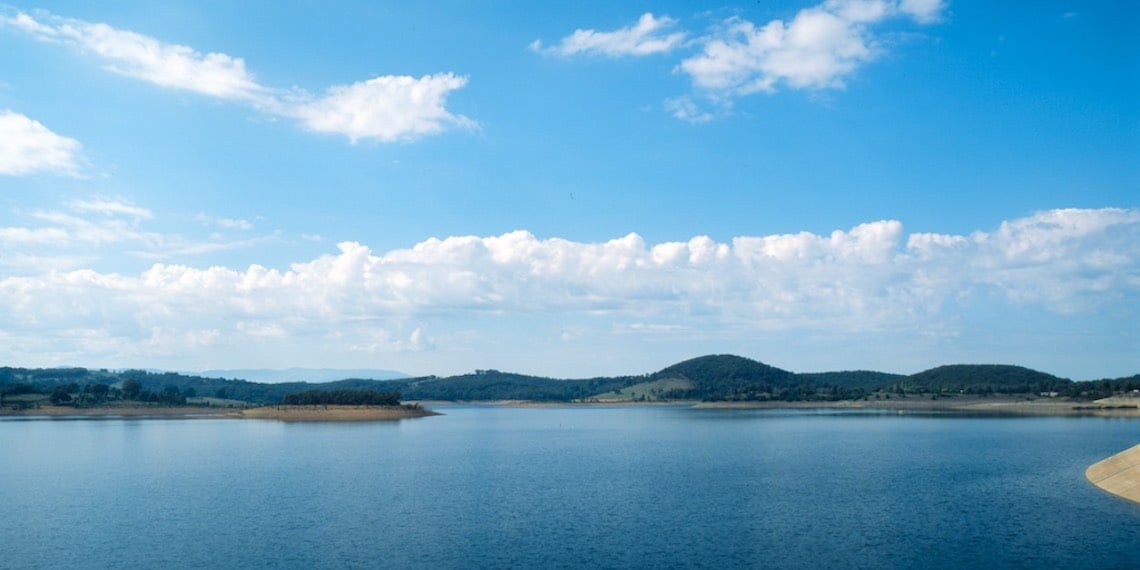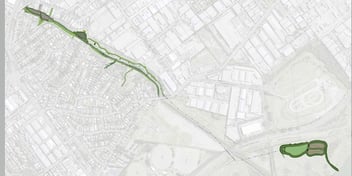Melbourne Water begins work on second treatment plant solar farm

Melbourne Water is about to begin preparatory works on its second major solar farm, with construction planned for the northern shore of Sugarloaf Reservoir at the utility’s Winneke Treatment Plant.
The 9 MW solar farm, which will consist of around 20,000 solar panels and cover an area of 10 hectares, is expected to generate 11.7 gigawatt-hours of clean electricity per year and cut the treatment plant’s emissions by up to 12,000 tonnes of carbon dioxide per year.
Winneke Treatment Plant provides a quarter of Melbourne’s drinking water, and Melbourne Water takes more than 90% of the city’s sewage.
The Winneke Water Treatment Plant solar farm is part of Melbourne Water’s commitment to cutting greenhouse gas emissions, with the utility pledging to reduce net carbon emissions to 50% of baseline levels by 2025.
With an anticipated construction timeframe of 12 months, the project is expected to be operational by early to mid-2023.
Expanding solar activity
The new solar farm joins the 18 MW solar project already under construction at Melbourne Water's Eastern Treatment Plant in Bangholme, which, when completed in mid-2022, will be one the biggest behind-the-meter solar installations in Australia.
The two solar farm facilities are expected to produce 44.6 gigawatt-hours of solar electricity per year, adding to Melbourne Water’s renewable energy generation portfolio, including 14 mini-hydro power stations that generate 60 gigawatt-hours of electricity per year.
Furthermore, the utility uses biogas from sewage treatment for the generation of clean electricity, which contributes to both treatment plants’ energy needs.
Melbourne Water recently joined the United Nations-led Race To Zero campaign, alongside 12 other Australian water utilities. All have pledged to reach net-zero emissions by 2050 or earlier.
Melbourne Water is currently investigating whether it can reach net zero by 2030.
Learn more about the optimal design of water distribution systems considering behind-the-meter solar energy. The University of Melbourne's Qi Zhao will conduct a session on 10 May 2022 at Ozwater'22. Register today.

